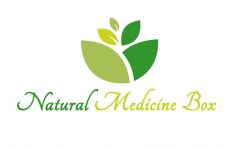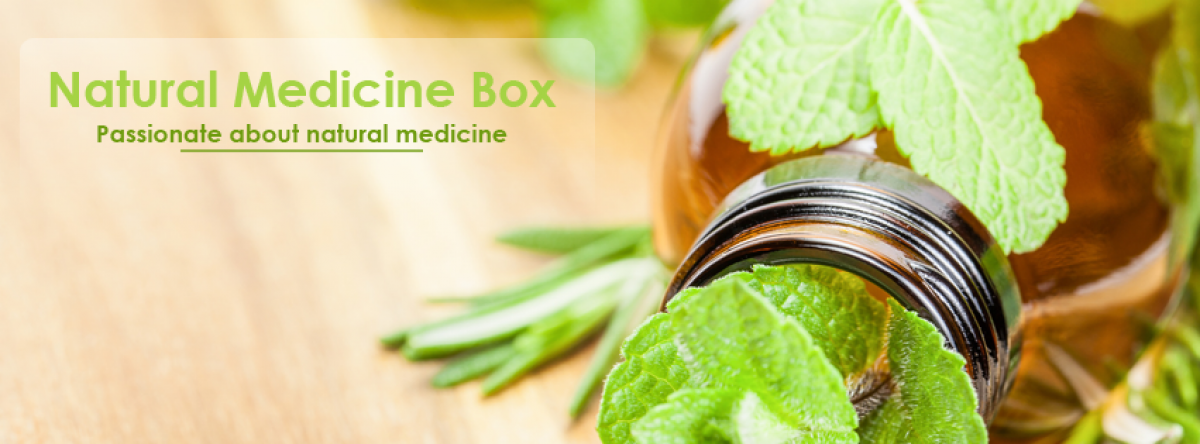In a study of more than 25,000 people, those who drank a moderate amount of coffee – defined as three to five cups daily – were less likely to have calcium deposits in their coronary arteries than those who drank no coffee or more coffee daily.
A large part of arterial plaque consists of calcium deposits (atherosclerosis), hence the term “hardening of the arteries.” Coronary artery calcium can be a significant predictor of future heart disease risk.
The study suggests moderate coffee consumption may lower your risk of clogged arteries and related heart attacks. The researchers noted:
“Our study adds to a growing body of evidence suggesting that coffee consumption might be inversely associated with CVD [cardiovascular disease] risk.”
Past research has also found that coffee appears to have a protective effect on the heart. For instance, one study showed moderate coffee drinking reduces your chances of being hospitalized for heart rhythm problems. Another study found it may trigger a 30 percent increase in blood flow in your small blood vessels, which might take some strain off your heart.
Coffee Might Lower Your Risk of Chronic Disease
In addition to the news that coffee might be good for your arteries, several other studies have also yielded promising results regarding coffee and chronic disease. For instance:
- Melanoma: Drinking four cups of caffeinated coffee daily might reduce your risk of melanoma, the most dangerous form of skin cancer.
According to researchers, “coffee constituents suppress UVB-induced skin carcinogenesis, induce cell apoptosis, protect against oxidative stress and DNA damage, reduce inflammation in epidermal cells, and inhibit changes in DNA methylation.”
- Non-Melanoma Skin Cancer: Women who consumed more than three cups of coffee a day had a significantly lower risk of basal cell carcinoma than those who consumed less than one cup per month.
- Multiple Sclerosis: Drinking four to six cups of coffee a day is associated with a lower risk of multiple sclerosis, as is drinking a high amount of coffee over five to 10 years. According to researchers, “Caffeine has neuroprotective properties and seems to suppress the production of proinflammatory cytokines.”
- Dementia: Caffeine also promotes production of the neurotransmitters serotonin, dopamine, and noradrenaline, and triggers the release of brain-derived neurotrophic factor (BDNF), which activates brain stem cells to convert into new neurons, thereby improving your brain health.
Among people with mild cognitive impairment (MCI), those with higher blood levels of caffeine (due to coffee consumption) were less likely to progress to full-blown dementia.
“Caffeine/coffee intake is associated with a reduced risk of dementia or delayed onset, particularly for those who already have MCI,” the researchers said.
- Parkinson’s Disease: Higher coffee and caffeine intake are associated with a lower risk of Parkinson’s disease.
Research published in the New England Journal of Medicine has even shown that coffee consumption is inversely associated with premature death. In other words, the more coffee drank, the lower the risk of death became, including deaths from heart disease, respiratory disease, stroke, injuries and accidents, diabetes, and infections.
Why Does Coffee Give You a Boost?
You know it’s the caffeine in coffee that gives you energy, but do you know why? Caffeine provides a “lift” by blocking the normal action of adenosine. Adenosine forms from the breakdown of adenosine triphosphate (ATP), which is the molecule that provides cellular energy.
Adenosine normally slows down your brain’s activity and induces sleepiness. Some people are caffeine sensitive and don’t tolerate it well or have problems sleeping if they have caffeine too late in the day. Actually, the best time to drink coffee may be first thing in the morning (which is when many drink it anyway), especially when combined with exercise.
Research by Ori Hofmekler, author of The Warrior Diet and Unlocking the Muscle Gene, showed coffee increases your metabolism by up to 20 percent and can be quite beneficial if consumed before exercise.
A caffeine dose equivalent to two or three cups of coffee taken one hour prior to a half-hour-long workout reduced the participants’ level of perceived muscle pain. This pain reduction could allow you to push yourself just a bit harder, which is important during high intensity exercises.
A 2005 meta-analysis also concluded that caffeine can reduce your perceived level of exertion by more than 5 percent—effectively making your exercise feel “easier.” Moreover, caffeine improved exercise performance by more than 11 percent, which appears to be related to the reduction in perceived level of exertion. Research from Coventry University even found that caffeine helped offset age-related loss of muscle strength, which suggests that caffeine may help preserve your muscles as you age and reduce your risk of injuries.
The Case for Drinking Your Coffee Black and Organic
If you are dousing your cup of Joe in creamer, non-dairy creamer, sugar, and other sweeteners and flavorings, you are missing out on the therapeutic benefits and potentially harming your health. The natural blend of polyphenol antioxidants are part of what makes coffee so healthy. However, some research suggests that adding dairy to your coffee may interfere with your body’s absorption of beneficial chlorogenic acids. Meanwhile, if you add sugar to your coffee you’ll spike your insulin levels, which contributes to insulin resistance. If you’re interested in the health benefits, drink your coffee black, without sugar, non-dairy creamer or cream, or flavorings.
If you really can’t stand your coffee black, you could try adding non-dairy alternatives like coconut milk or a natural sweetener like stevia. As for buying organic, do so whenever possible. Coffee beans are one of the most heavily pesticides-sprayed crops. So, you should select only coffee beans that are certified organic. Remember, you will obliterate any positive effects if you consume coffee that’s been doused in pesticides or other chemicals. Whenever possible, purchase sustainable “shade-grown” coffee to help prevent the continued destruction of our tropical rain forests and the birds that inhabit them.
There are many who say shade-grown coffee tastes better as well. In addition, you’ll want to purchase whole bean coffee that smells and tastes fresh, not stale; if your coffee does not have a pleasant aroma, it is likely rancid. Grind it yourself to prevent rancidity, as pre-ground coffee may be rancid by the time you get it home. If you use a “drip” coffee maker, be sure to use non-bleached filters. The bright white ones are chlorine-bleached, and some of this chlorine will leach from the filter during the brewing process. Bleached filters are also notoriously full of dangerous disinfection byproducts, such as dioxin.
Which Is Healthier, Dark Roast or Light?
You probably choose your roast based on flavor, but there might be compelling health differences too. Darker roasts typically contain less caffeine than lighter roasts due to the prolonged heat breaking down more of the caffeine molecules. (Bean species also differ widely in their naturally occurring concentrations of caffeine.) Dark roast coffee, such as French or Italian Roast, or roasts used to make espresso or Turkish coffee, are typically higher in neuroprotective agents than green (unroasted) coffees. One study in Molecular Nutrition & Food Research found that dark roast coffee restored blood levels of the antioxidants vitamin E and glutathione more effectively than light roast coffee.
The dark roast also led to a significant body weight reduction in pre-obese volunteers, whereas the lighter roast did not. Other studies have shown that dark roast coffee produces more of a chemical called N-methylpyridinium, which helps prevent your stomach from producing excess acid, so darker roast coffee may be easier on your stomach than lighter roast coffee. That said, the process of roasting will also produce acrylamide—a toxic byproduct created when you expose a food to high heat.
Acrylamide has been associated with an increased cancer risk. From the perspective of limiting your exposure to this toxin, a light roast might be preferable. I don’t claim to have the answer here, but the evidence supporting dark roast for higher antioxidant content is quite compelling. It could be that the higher antioxidant content of a dark roasted organic coffee might outweigh the acrylamide formed during the roasting process… but, unfortunately, I have no evidence to either confirm or refute this notion at this time.
Read more of the original article here
Source: mysickness.net
Image: wikimedia



